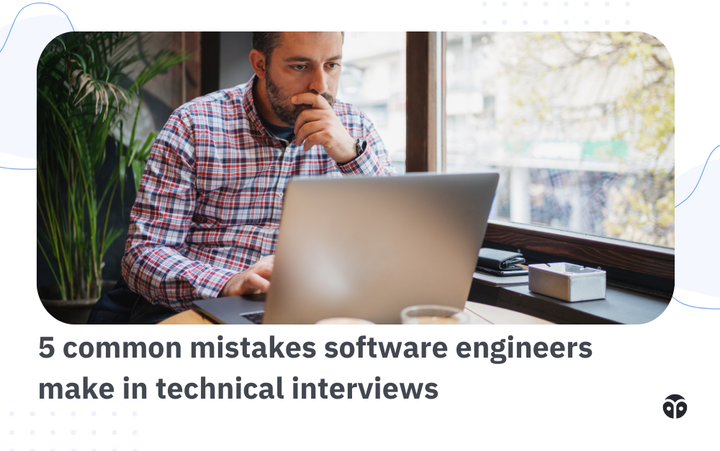How to pass a Topgrading interview: What it is, why it matters, and how to prepare
Topgrading interviews dig deep into your full career history. Learn what to expect, how to prepare, and how to tell your story clearly and confidently in this in-depth interview format.

If you’ve been told your next interview will be a Topgrading interview (or a Who Interview), you’re about to face one of the most comprehensive interview formats out there. These interviews are designed to dig deep into your entire career history, going far beyond a surface-level resume walk-through.
Topgrading interviews are designed to give employers a full, honest picture of how you’ve grown, across your entire career.
They're often used by high-performing teams looking for pattern recognition — what you’ve done well, what you’ve learned, and how you handle change. That means there’s no one big “gotcha” question. The challenge is in the level of depth and self-awareness required.
Here’s what to expect and how to prepare so you show up ready to tell the story of your career honestly, clearly, and with the right framing.
What is a Topgrading interview?
A Topgrading interview is a chronological deep dive into your career. It usually starts with your earliest relevant professional experience and walks step-by-step through each role you've held, up to your current position.
You’ll be asked the same set of questions for each job. That’s because the interviewer is looking for patterns: How have you grown? What motivates you? Where do you thrive (or struggle)?
These interviews can be long — often 1.5 to 2 hours — so stamina and preparation both matter.
Topgrading interview questions
The interviewer will ask the same five questions for each role in your work history. These are designed to surface both achievements and potential red flags.
1. What were you hired to do?
Explain the scope of the role, what the company hired you for, and what success looked like in that position. Be clear and concise about your responsibilities.
2. What accomplishments are you most proud of?
Use quantifiable results whenever possible. Highlight projects, metrics, or outcomes that show how you made a difference.
3. What were some low points during that job?
Talk about challenges — not gossip. Focus on what you learned or how you would approach the situation differently now. Employers are testing self-awareness and maturity.
4. Who were the people you worked with?
This includes your manager, teammates, and direct reports. Be prepared to describe your relationships, how you worked together, and how you handled conflict or collaboration.
5. Why did you leave that job?
Avoid blaming a bad culture or manager. Instead, frame your transition as part of a growth journey. Show how you were thoughtful about your next step.
How to prepare
Topgrading interviews reward preparation. They require thoughtfulness and some real practice.
Here’s how to set yourself up for success:
Actually prep your answers for each role. Block off time before the interview to write out answers to the five core questions for each job you’ve had. Even 30 minutes of prep can help you be more articulate and confident. You cannot succeed in a Topgrading interview without preparation. The depth of the conversation will quickly reveal if you haven’t thought through your past roles.
Use real data and examples. For the accomplishments you’re most proud of, be specific. Instead of “I helped improve onboarding,” say, “I reduced onboarding time from 3 weeks to 1 by redesigning the process and documentation.”
Talk about low points with humility. No one expects a perfect track record. The goal is to see what you’ve learned and how you respond to difficulty. Focus on the lesson, not the drama. Avoid badmouthing coworkers or managers.
Keep job changes focused on growth. Instead of saying “the company was poorly managed,” you might say, “It was a great place to start, and I realized I wanted to move into a more product-focused role, so I started looking for X.”
Want to dive deeper?
Topgrading interviews come from the book Who: The A Method for Hiring by Geoff Smart and Randy Street. If you want to dive deeper, you can check out their website or grab the book for yourself.
Get holistic interview prep with Formation
The Formation Fellowship gives mid-level and senior engineering job seekers everything they need to land their dream roles — including personalized skill brush-ups, resume help, unlimited mock interviews with experienced software engineers and hiring managers from top-tier tech companies, career and negotiation support, and more.
If you’re having trouble navigating your job search on your own, apply here and get unconditional support from a team of engineering mentors, technical recruiters, career coaches, and more.



